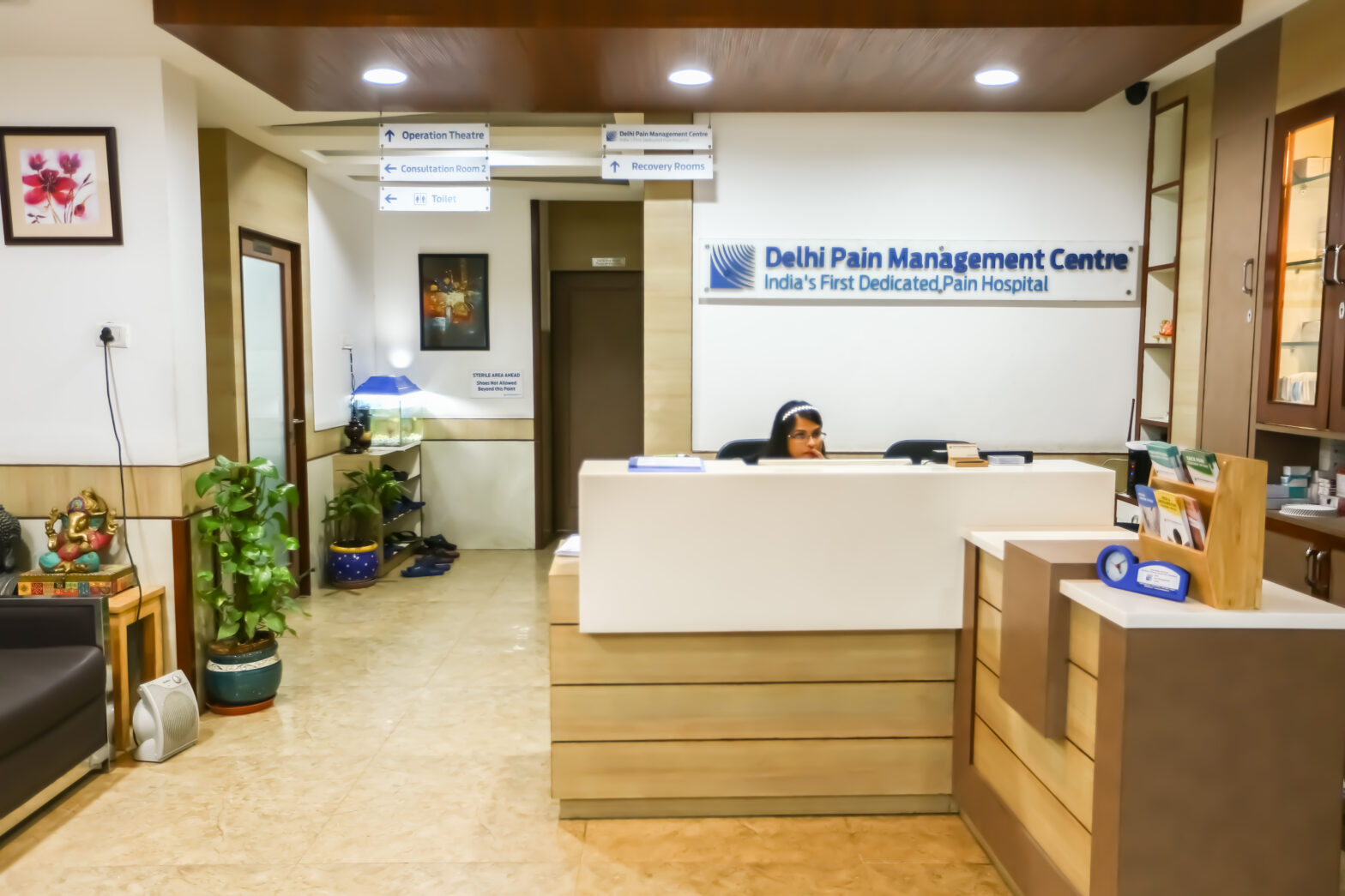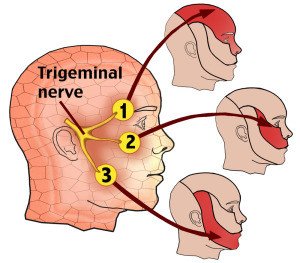
Neuralgia Pain
Neuralgia Pain
Neuralgia is a stabbing, burning, and often quite severe pain that occurs along a damaged nerve. The damaged nerve may be anywhere in the body, but is most common in the face and neck. The cause of a damaged nerve may be a disease like diabetes (diabetic neuropathy) or multiple sclerosis, an infection like shingles, or the result of old age. Treatment for the pain of neuralgia depends on the cause.
Types
Types Of Neuralgia
Neuralgia can occur in different parts of the body and can have various causes.
Trigeminal Neuralgia:
This type of neuralgia is associated with pain from the trigeminal nerve, which goes from the brain to the face. The particular cause of pain is believed to be a blood vessel pressing down on the trigeminal nerve where it meets with the brainstem. Trigeminal neuralgia causes pain in the face, usually on one side, and is most common in the elderly.

- Postherpetic Neuralgia: This type of neuralgia occurs as a complication of shingles and may be anywhere on the body. Shingles is a viral infection characterized by a painful rash and blisters. Neuralgia can erupt wherever the outbreak of shingles occurred and can be mild or severe, persistent or intermittent, and can last for months or years.
- Glossopharyngeal Neuralgia: Pain from the glossopharyngeal nerve, which is in the throat, is not very common. This type of neuralgia produces pain in the neck and throat.
Causes
Causes Of Neuralgia
The underlying cause of any type of neuralgia is damage to a nerve. Each nerve in your body is protected by a coating called the myelin sheath. When the myelin is damaged or wears away from the nerve, the stabbing, severe, shock-like pain of neuralgia results. There are many different factors, including old age, which can cause damage to the myelin. Unfortunately, in many cases of neuralgia, a cause can never be found.
- Infection: The cause of postherpetic neuralgia is shingles, an infection caused by the chickenpox virus. The likelihood of having this infection increases with age. Lyme disease, HIV, and syphilis can also cause neuralgia.
- Multiple Sclerosis: Multiple sclerosis (MS) is a disease that is caused by the degradation of myelin. Among the many symptoms that result from MS is neuralgia, often in the face.
- Pressure on Nerves: The myelin on nerves can be worn away by pressure. The pressure may come from a bone, ligament, blood vessel, or a tumor that is pressing on the nerve. The pressure of a swollen blood vessel is a common cause in trigeminal neuralgia.
- Diabetes (Diabetic Neuropathy): Many people with diabetes will suffer from some type of neuralgia because excess glucose in the bloodstream can lead to myelin damage.
- Less Common Causes: If the cause of neuralgia cannot be blamed on an infection, MS, diabetes, or pressure on the nerves, it may be from one of many less common factors. These include:
- chronic kidney disease
- porphyria (a rare blood disease)
- medications like cisplatin, paclitaxel, or vincristine (prescribed to cancer patients)
- trauma, such as that caused by surgery
- chemical irritation
Treatment
Neuralgic Pain Treatment Options
- Medications: Medicines can be used to relieve neuropathic pain. Medications prescribed may include:
- over-the-counter pain relievers like aspirin or ibuprofen
- antidepressants
- anti-seizure medications
- topical creams with capsaicin
- Nerve Blocks: Nerve blocks (like trigeminal nerve block) are injections directed at a particular nerve or nerve group that is intended to reduce inflammation and relieve pain.
- Chemical Neurolysis (Alcohol / Phenol Injections): Alcohol or Phenol injections are commonly used for bringing substantial relief in trigeminal neuralgia.
- Radiofrequency Ablation: RF ablation is commonly used in trigeminal neuralgia to numb the pain-generating structure and reduce the intensity of pain.
Available Treatments
Neuralgic Pain Treatment Options Available At DPMC

- Physical therapy and lifestyle modification counseling
- Medication
- Nerve blocks
Book An Appointment Now!
You can also book an appointment over phone by calling us on 011-39595696 or

